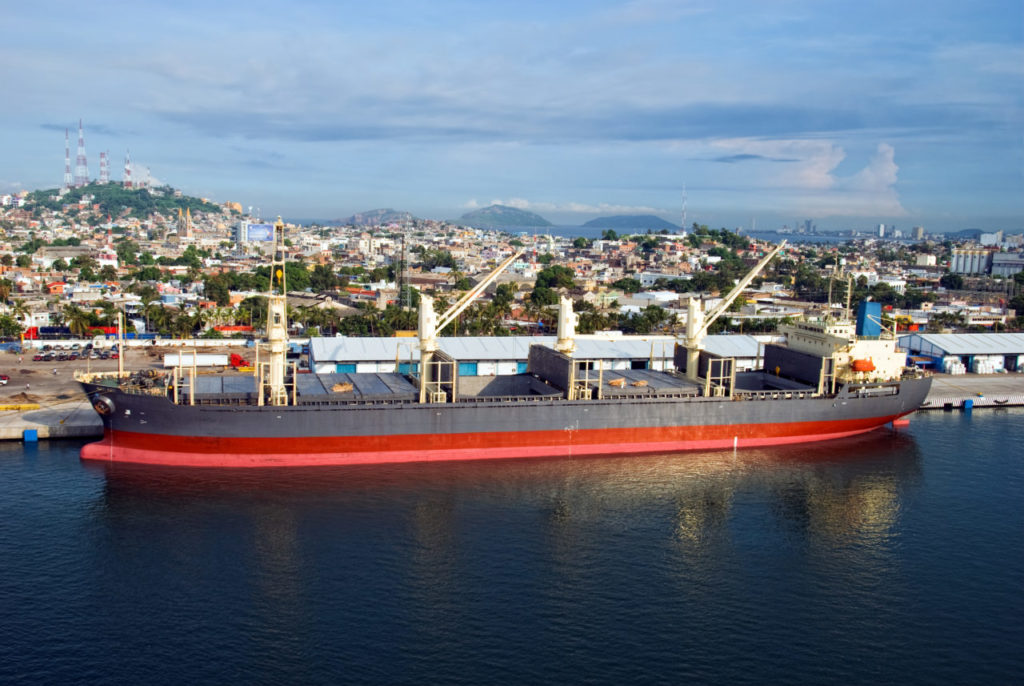Join GlobalBizzNetwork and start your international business network today.
Brazil

Brazil is the largest and most populous country in South America, with the eighth biggest economy in the world. It’s a member of the G20, one of the four “BRIC” countries deemed to be a dominant economy by 2050, and recently hosted the 2016 Summer Olympics.
Roman Catholic and Protestant are the top two beliefs in Brazil (64.6% and 22.2% respectively), symbolically represented by the colossal Christ the Redeemer statue erected in the city of Rio de Janeiro, and this should be kept in mind during business conversations to avoid insulting Brazilian clients.
Brazil is the only Portuguese-speaking country in the Western Hemisphere, compared to its neighboring Spanish-speaking countries, and most Brazilians speak little to no English.
The country’s bountiful natural resources, including brazilwood, minerals and agriculture, make it a premium international supply partner for many global businesses. In fact, Brazil’s name is shortened from Terra do Brasil, which translates to “land of brazilwood.”
Ecommerce in Brazil has grown by over 20% over the last three years, and with approximately $14 billion USD promised in infrastructure including road, air, ports, airports and municipal water treatment, the time for small and medium-sized businesses to export to Brazil is now.
Developing strong personal relationships is key to successful negotiations in Brazil. As a result, engaging small-talk, cultural appreciation and stylish dressing are vital to sealing any business negotiations in Brazil.
Brazil is a huge country (the largest in Latin America and the fifth largest globally) and presents both locals and foreigners with many different market opportunities. Additionally, Brazil is the largest Latin America economy and is key Latin America commercial jurisdiction, sharing a border with various countries, making it an ideal trading hub. For those looking to enter the Brazilian market, there are several different types of companies/legal entities that can be established to conduct operations. However, the type of company must be chosen according to the needs of the business.
Every year, economists, business experts and consultant companies give their opinion relating to the Brazilian markets and economy, and share ideas and dreams regarding potential business opportunities. Some of their forecasts become reality, others not. However, what is agreed upon is the potential that the region holds.
Attractive Commercial Opportunties in Brazil
Alternative Energy.
Brazils large land mass means that there are ample business opportunities for companies involved with alternative energy, with Brazil having one of the highest potentials in hydric energy creation. However, Brazil has lacked productivity due to outdated equipment resulting from low investment levels in addition to complicated bureaucracy for many years. This has meant that the energy sectors, including alternative energy, have fallen behind other nations in the region. Another downfall of the sector is that fees and taxes have traditionally been high, killing the drive for investors and entrepreneurs to enter the sector.
In recent times, Brazillian companies and individuals have been seeking alternative sources of energy, and international experts are now looking towards Brazil as a great place to bring the market what it desires. Nowadays, solar energy is picking up in popularity. Projects sized above 5 megawatts are taking advantage of a mix of bilateral PPAs and spot prices. Therefore, together with market-driven demand for renewable energy sources, investors and suppliers see this sector as a key growth area for Brazil. In fact, according to Brazil’s Energy Research office, renewable energy sources – including wind, solar and biomass, are expected to reach almost 61 gigawatts in capacity by 2027.
Mobile Phone Application Development.
Once upon a time, smartphones were just for fun. These times are over. Today, smartphones provide a tremendous platform to test and trial new ideas, programs and applications. As the middle class in Brazil grows, and the expansion of smartphone user increases daily, the market becomes larger. The 235,500,000 mobile phones registered in Brazil shed light on the opportunities for experts and companies involved in mobile phone application development. The opportunities are feasible in sectors like real estate, fintech, ride-sharing, amongst others.
Co-Working Spaces.
As Brazil grows as a business destination, with cities such as São Paulo and Brazilia experiencing an increase in foreign companies setting up businesses, it becomes clear that co-working spaces are a profitable investment option. In the big cities such as the above mentioned, finding a suitable office involves high startup costs for professional individuals, small business and start-ups. Offices in good neighborhoods that have internet access, meeting rooms, and modern furniture are often expensive. Additionally, it can be difficult to secure commercial contracts with your preferred terms and conditions.
Local and foreign companies are already investing in this kind of business, with co-working spaces becoming a popular and alternative method to long term office rental contracts.
Agribusiness.
Brazil is the second biggest food producer in the world. Approximately, 60 percent of the country’s territory is used to farm, of which 77 percent is exported. Even with the uncertainties in the Brazilian economy, agriculture has managed to achieve positive figures and growth. Promoted by the Brazilian Association of Farming Marketing and Agribusiness (ABMRA), 34.14 percent of farmers intended to purchase new machinery in 2018.
For manufacturers of agricultural machinery, or companies looking for a new supplier of agriculture products, Brazil remains an attractive destination.








